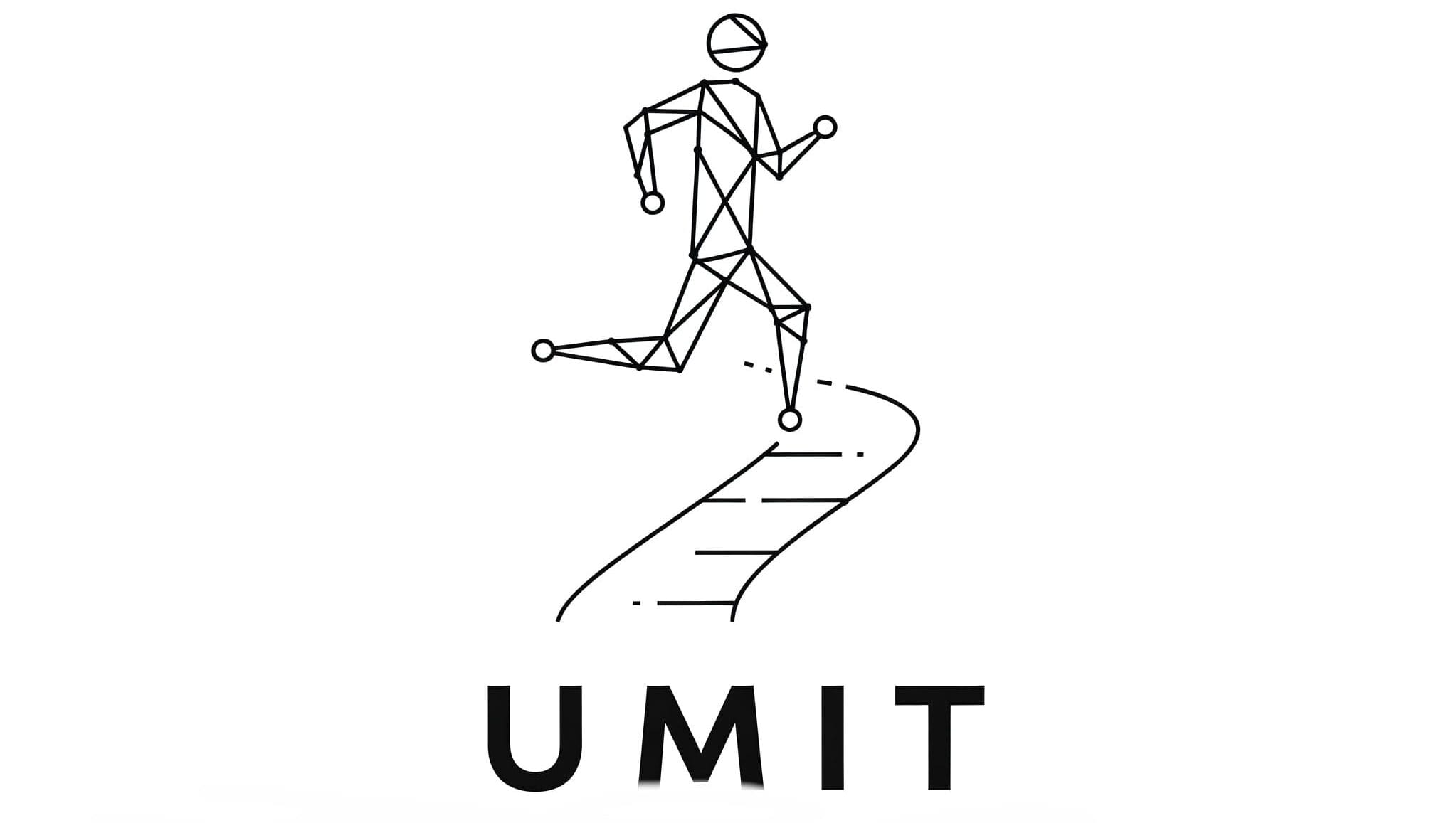Key Points
- It seems likely that your struggles with 10K races stem from training, pacing, or recovery issues, but the exact reasons can vary.
- Research suggests common challenges include insufficient endurance, starting too fast, and not fueling properly.
- The evidence leans toward improving with structured training plans and better race-day strategies.
Possible Reasons for Struggles
Running a 10K (6.2 miles) can be challenging, especially if you’re new to the distance. Here are some potential reasons you might not be performing as well as you’d like:
Training and Preparation
- Endurance: You might not have built up enough weekly mileage. For example, runners training three times a week should aim for 20-25 miles weekly, while those training five times should target 35-40 miles.
- Speed Work: Lack of interval training can hinder your running efficiency. Adding one speed workout per week, like short intervals, can help.
Race-Day Execution
- Pacing: Starting too fast is a common mistake, leading to burnout. Practice pacing in training and use a GPS watch to maintain an even pace.
- Nutrition and Hydration: Not eating or drinking enough before or during the race can affect performance. Eat a balanced meal 2-3 hours before and stay hydrated.
Mental and Physical Factors
- Mental Game: Anxiety or lack of confidence can impact your race. Try positive visualization and break the race into smaller segments.
- Recovery: Not resting enough between runs can lead to overtraining. Schedule rest days and wait at least 5-7 days after a hard race before another intense effort.
Equipment and Health
- Gear: Improper shoes or clothing can cause discomfort. Invest in good running shoes and test gear during training.
- Health: Underlying injuries or conditions might affect performance. Consider consulting a sports physician if issues persist.
Unexpected Detail: Mental Strategies
While physical training is crucial, mental strategies like breaking the race into smaller parts can significantly boost performance, which might be an area you haven’t considered yet.
Survey Note: Detailed Analysis of 10K Running Performance Challenges
Running a 10K, or 10-kilometer race (6.2 miles), is a popular distance for both beginners and experienced runners, offering a balance between challenge and accessibility. If you’re finding it difficult to perform well in these races, there are several potential reasons, ranging from training inadequacies to race-day execution errors. This note explores these factors in depth, drawing on insights from running experts and community discussions, to provide a comprehensive understanding of why you might be struggling and how to improve.
Context and Interpretation
The term “10K” can refer to various things, such as financial reports (Form 10-K filed with the SEC) or even 10,000 steps in fitness tracking. However, given the phrasing “Why am I so bad at 10Ks?” and the personal nature of the question, it seems most likely that you’re referring to 10K running races. This interpretation is supported by the prevalence of 10K races as a common running event, attracting millions of participants annually, as noted in resources like 10K run – Wikipedia. For instance, the Peachtree Road Race in Atlanta had over 55,000 participants in 2011, highlighting its popularity.
To ensure accuracy, we considered other meanings, such as 10-karat gold (41.7% pure gold) or financial reports, but these contexts (e.g., 10K Gold Price and Purity Guide | The Diamond Pro) don’t align with the personal performance struggle implied. Thus, we’ll focus on running, acknowledging that if you meant something else, further clarification would be needed.
Common Reasons for Poor Performance in 10K Races
Based on running advice from sources like Runner’s World, Active.com, and Healthline, here are detailed reasons why you might be struggling, organized into categories:
Training and Preparation
- Insufficient Mileage and Endurance: One of the most frequent mistakes, especially for new runners, is not building enough weekly mileage. Coach Art Ives from Active.com emphasizes that 10K races require more preparation than 5Ks, with runners needing to incorporate long runs at a slower pace. For example, runners training three times a week should aim for 20-25 miles weekly, while those training five times should target 35-40 miles, as per How to run your best 10K: Training plans, workouts and tips. If you’re not hitting these targets, your body might not be adapted to the distance, leading to fatigue.
- Lack of Speed Work: Speed training, such as intervals, is crucial for improving aerobic capacity. 5 Tips for Running a 10K Race – ASICS Runkeeper suggests adding one speed workout per week, starting with short intervals (1-3 minutes) for beginners. Without this, you might lack the efficiency to maintain pace, especially in the later miles.
- Overtraining Risks: While not directly mentioned in your query, overtraining can occur if you ramp up mileage too quickly, potentially leading to injuries. Resources like How To Train for a 10K advise starting slow and building a foundation over 8 weeks, avoiding excessive fatigue on rest days.
Race-Day Execution
- Pacing Errors: Starting too fast is a common pitfall, as noted in 3 Biggest 10K Race-Day Mistakes and How to Avoid Them. This can lead to early burnout, with runners slowing significantly by mile 4. For instance, a runner might start at 5:05 per mile but end up at 5:30 by mile 4, as discussed in Why can’t I run well in the 10K? – LetsRun.com. To avoid this, practice pacing in training and use a GPS watch to monitor splits, aiming for a controlled start.
- Nutrition and Hydration Issues: Poor fueling can sap energy during the race. Healthline: Average 10K Time and Tips for Race and Recovery recommends eating a balanced meal 2-3 hours before and staying hydrated, especially in hot conditions. If you’re not doing this, you might hit a wall mid-race.
- Mental Factors: Anxiety or lack of confidence can affect performance, as seen in discussions on r/running on Reddit. Strategies like positive visualization and breaking the race into smaller segments (e.g., mile by mile) can help, as suggested in running coaching advice.
Recovery and Lifestyle
- Inadequate Recovery: Not resting enough between runs can lead to overtraining, increasing injury risk. 3 Biggest 10K Race-Day Mistakes and How to Avoid Them advises waiting at least 5-7 days after a hard 10K before another intense effort, especially if you gave a top-level effort. If you’re not scheduling rest days, this could be why you’re struggling.
- Equipment and Health: Improper shoes can cause discomfort, as noted in 10K Training Plans for Beginner Runners. Invest in shoes suited to your foot type and test them in training. Additionally, underlying health issues, like injuries, might affect performance, and consulting a sports physician could be beneficial.
Detailed Strategies for Improvement
To address these issues, consider the following steps, which align with expert advice from various sources:
- Assess Your Current Training: Review your weekly mileage and training structure. Are you hitting the recommended 20-25 miles for three runs a week? If not, gradually increase, following a plan like Hal Higdon’s Novice 10K Training Program.
- Incorporate Speed Work: Add one interval session weekly, starting with 1-3 minute efforts, as per 5 Tips for Running a 10K Race – ASICS Runkeeper. This can improve your overall pace.
- Practice Pacing: Use training runs to internalize a steady pace, using a GPS watch to check splits at 1-mile and 2-mile marks, as suggested in How to Pace a 10k [+ Running Race Pace Calculator] | MOTTIV.
- Focus on Nutrition: Plan pre-race meals (e.g., carbs 2-3 hours before) and carry hydration if needed, especially in hot weather, as per Healthline.
- Mental Preparation: Use visualization techniques and set realistic goals, breaking the race into smaller segments to manage anxiety, as discussed in running forums like r/running on Reddit.
- Recovery Plan: Schedule rest days and ensure at least 5-7 days post-race before another hard effort, as per 3 Biggest 10K Race-Day Mistakes and How to Avoid Them.
- Gear Check: Test shoes and clothing in training to avoid race-day discomfort, as advised in 10K Training Plans for Beginner Runners.
- Seek Support: Join a running group for motivation or consult a coach if progress stalls, as suggested in community discussions.
Table: Common Mistakes and Solutions for 10K Runners
| Mistake | Details | Advice from Experts |
|---|---|---|
| Not Enough Preparation | New 10K runners often don’t build up enough mileage, risking injury; 5K needs minimal training, but 10K requires more. | Incorporate slow, long runs (8 to 12 miles weekly) into routine; increase mileage by 10% weekly for strength and endurance, per Active.com. |
| Too Much Preparation | Overtraining by adding too much interval training or running tempo runs too fast can lead to injury; effects may not be noticed for 4 to 6 weeks. | Vary frequency and intensity of training runs to avoid overtraining, as per How To Train for a 10K. |
| Starting Too Fast | Getting caught up in race excitement, potentially going out too fast in the first mile, leading to burnout. | Internalize rhythm in training runs, practice starts, use a GPS watch at 1-mile and 2-mile marks for pacing, from 3 Biggest 10K Race-Day Mistakes and How to Avoid Them. |
| Obsessing Over Hydration During Race | Focusing on race-day hydration instead of pre-race preparation, leading to cottonmouth or overheating. | Focus on hydration and nutrition before the race, use water to avoid cottonmouth and keep head cool, especially in hot temperatures, per Healthline. |
| Not Allowing Enough Recovery | Rushing into another hard effort post-race, increasing injury risk and hindering adaptation. | Wait at least 5 to 7 days after running a 10K before another hard effort, especially if a top-level effort was given, from 3 Biggest 10K Race-Day Mistakes and How to Avoid Them. |
This table summarizes key mistakes and expert advice, ensuring you have actionable steps to improve.
Unexpected Detail: Mental Strategies and Community Insights
While physical training is often the focus, mental strategies can be equally important. For instance, breaking the race into smaller segments (e.g., mile by mile) can make it feel more manageable, a tip often shared in running communities like r/running on Reddit. Additionally, discussions on platforms like LetsRun.com (Why can’t I run well in the 10K? – LetsRun.com) reveal that pacing struggles are common, with some runners finding their body reacts differently at certain paces, suggesting a need for personalized pacing strategies.
Conclusion and Further Resources
Improving in 10K races takes time, patience, and consistent effort. By addressing these areas—training, pacing, nutrition, mental preparation, recovery, and gear—you can enhance your performance. Consider using structured plans from Hal Higdon or joining a running group for additional support. If challenges persist, consulting a running coach or sports physician can provide tailored advice.
Remember, every runner’s journey is unique, and celebrating small victories, like completing a race or shaving a minute off your time, can keep you motivated. Keep pushing forward, and you’ll likely see improvement over time.

About the Author
Lost Pace is an ultramarathon runner, shoe-tester and the founder of umit.net. Based year-round in Türkiye’s rugged Kaçkar Mountains, he has logged 10,000 + km of technical trail running and completed multiple 50 K–100 K ultras.
Blending mountain grit with data, Lost analyses power (CP 300 W), HRV and nutrition to craft evidence-backed training plans. He has co-written 260 + long-form guides on footwear science, recovery and endurance nutrition, and is a regular beta-tester of AI-driven coaching tools.
When he isn’t chasing PRs or testing midsoles, you’ll find him sharing peer-reviewed research in plain English to help runners train smarter, stay healthier and finish stronger.
Ultrarunner · Data geek · Vegan athlete
